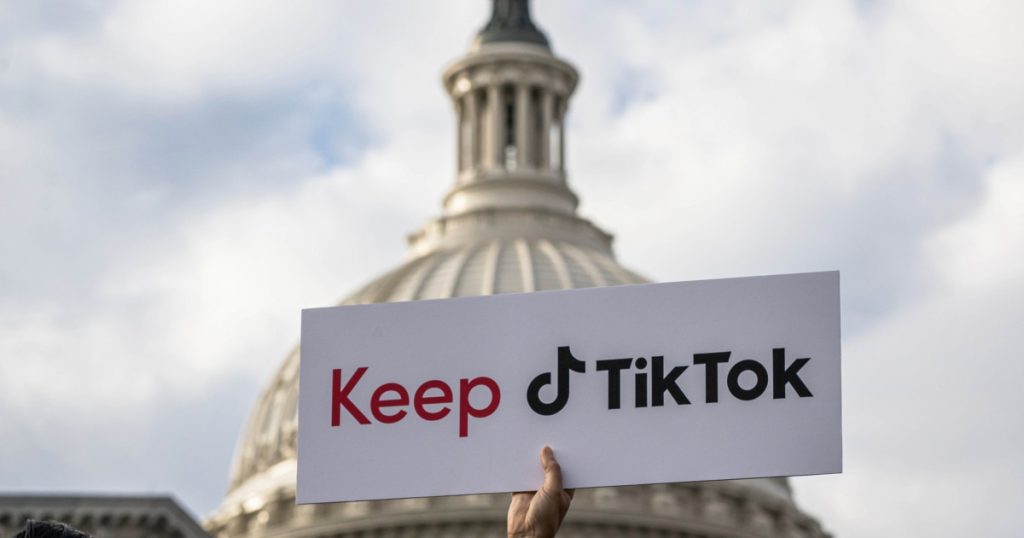The fate of TikTok in the U.S. is currently in doubt after the House of Representatives passed a bill that requires its parent company, ByteDance, to sell the app to an approved buyer or face a ban. While experts believe the bill will be approved in the Senate and signed by President Joe Biden, it could take years for the ban to come into effect, as ByteDance is likely to challenge it in court. The timeline for a potential ban could be more than a year from now, depending on legal proceedings.
If ByteDance decides to sue to block the implementation of the statute, the ban could be delayed even further. The case would be taken up by the D.C. Circuit Court of Appeals, with a possible appeal to the U.S. Supreme Court if either side loses. This legal process could push back the ban until 2026, potentially keeping TikTok operational in the U.S. for several more years. TikTok plans to argue that the ban is unconstitutional and has taken steps to ensure the protection of American users’ data.
The bill states that TikTok can continue operating in the U.S. if ByteDance sells it to an approved American firm. While there are interested parties, such as a group led by former Treasury Secretary Steve Mnuchin, ByteDance may be reluctant to agree to a sale due to the Chinese government’s stance on the matter. Without the powerful recommendation algorithm, TikTok’s value may decrease, making it less attractive to potential buyers. Ultimately, TikTok’s presence in the U.S. may be limited, but most users already have a presence on other platforms.
Lawmakers felt the need to take this drastic step due to concerns about Chinese influence and the impact of social media on youth. With tensions between the U.S. and China escalating, there are fears that TikTok could be used by the Chinese government to access data from American users and spread disinformation. This led to bipartisan support for the bill, with a focus on addressing national security concerns associated with Chinese-owned apps like TikTok.
The TikTok bill gained momentum when it was included in a broader foreign aid supplemental plan, which passed the House and is expected to pass the Senate quickly. The bill was originally passed by the House in March, but the Senate took time to address it. Speaker Mike Johnson’s efforts to roll out the aid package, which includes the TikTok bill, pushed the Senate to act swiftly. The bill was included in a package that also provides aid to Ukraine, Israel, and Taiwan, emphasizing the importance of addressing national security concerns related to TikTok.


